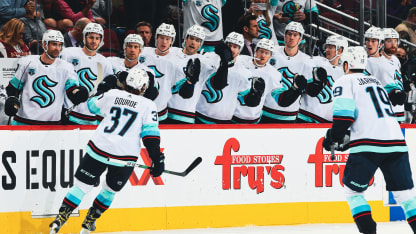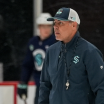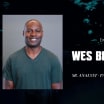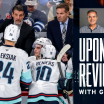Coming out of the recent league-wide holiday break and postponing 50 games before Christmas, the NHL announced each of the 32 teams is allowed a taxi squad of up to six players. The reserve squads are intended to prevent any team from playing short of the usual 18 skaters and two goaltenders due to players entering COVID-19 protocols.
The taxi-squad option is in effect until at least the league's all-star break in in early February. It's a return to a 2020-21 regular-season provision that aims to prevent further game postponements in the coming days and weeks. The postponement count was nearing 80 games before the taxi squad was put into effect Dec. 27.
NHL Returns to 'Taxi Squads'
To prevent more game postponements due to rising COVID-19 cases, the league allows a reserve squad of up to six on-hand players. Plus, new rules for emergency call-ups



















